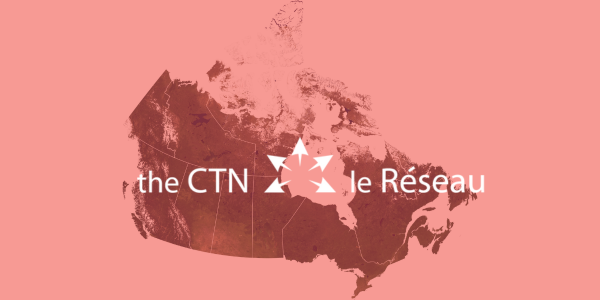HIV can be transmitted through breast milk, yet the risk of transmission is not well understood. Dr. Sarah Khan (2014-2015 GILEAD/CTN postdoctoral fellow) seeks to further knowledge of infant feeding in the HIV context in Canada. She says that current guidelines do not capture the nuances that women face in Canada.
“We can’t adequately quantify the risk of transmission in Canada with the current literature that’s available,” says Dr. Khan, “This data comes from low- and middle-income settings where breastfeeding is allowed because formula is not accessible to everyone.”
Formula feeding is the best alternative to breastfeeding, yet even in Canada not everyone can access formula; subsidized formula programs exist only in certain provinces, while not every community has access to the safe drinking water necessary to have safe formula.
Effective HIV therapy exists for mothers, but questions remain: how much virus is in breast milk, what is the risk of transmission from mother to infant in the Canadian context, and also what levels of toxicity does the infant face from low-level medication exposure? Dr. Khan’s project investigates these biologic factors, but also assesses the attitudes and knowledge around infant feeding among health care practitioners, mothers and community advocates.
“Women face a significant amount of fear, grief, and stigma in deciding how they’re going to feed their infant,” says Dr. Khan. “The voices of these often marginalized populations need to be heard.”
Infant feeding is an issue that impacts both women’s and children’s health, and one that Dr. Khan is passionate about.
“It matters to me personally because I’m a woman, I’m from a minority background, and I’m a clinician who wants to ask relevant questions,” she says. “I consider it an important priority for us as researchers.”
Dr. Khan has recently accepted a position of Assistant Professor at McMaster University. She took on the new role in January 2016 and will continue the research she began as a CTN fellow.
The 2016-2017 Postdoctoral Fellow Awards update
The 2016–2017 competition for CTN postdoctoral fellowships closed January 31st. The next generation of HIV researchers with CTN-affiliated supervisors will be announced at the CAHR breakfast symposium in May.
The program supports HIV and related health conditions research, and provides a salary of $50,000 per year, as well as up to $5,000 in travel allowance. Fellows are funded by the CTN and external sponsors.
Janssen Global Health is sponsoring a new international fellowship, which is in addition to the CTN-sponsored international fellowship. These fellowships are available to scientists from resource-limited countries that are researching HIV treatment or prevention with a Canadian supervisor. The award’s value is consistent with local rates, and includes travel to the CTN annual meeting.






